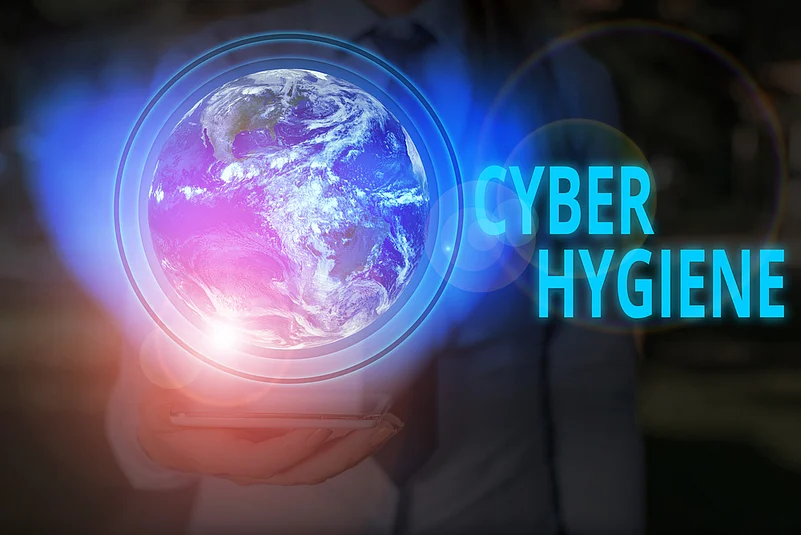The word ‘digital technology’ exploded into our lives in the latter half of the twentieth century as a direct result of the development of modern computing. Individuals are increasingly engaging with digital technology and using it to enhance their experience whether at work or at home. However, it would be fair to say that its large scale adoption is still at bay. Maybe that will change now. The current crisis and its immediate panacea like a complete lockdown and clamping of physical movements has compelled companies to adopt a Work From Home (WFH) model. This means, that workplaces are now increasingly going to rely on digital modes of interactions to go about their regular business.
Testing the resilience of existing cyber policies
An interesting side effect of the current environment is going to be cyber risk accumulation. As companies increasingly begin to leverage the efficiencies offered by internet-enabled infrastructure, they also increase dependencies and aggregate risk potential. This means that companies are now more exposed than ever to an opportunistic brand of cyber criminals looking to exploit system vulnerabilities. While assessing a company’s cyber risk exposure and the resilience of its cyber risk policy, the following factors need to be considered:
Establishing cyber hygiene
In order to effectively reduce exposure to cyber risk, a company must create a structure that regularly assesses the nature, scope and impact of cyber risk. An effective cyber policy should be stress-tested, scalable and well positioned to anticipate and tackle threats and vulnerabilities. Companies should also understand that cybersecurity is not one person’s job. Instead, it is everyone’s job. Thus, detailed do’s and don’ts should be shared with every member of the organisation to ensure that there is not just a lone warrior fighting the cyber risks.
As the world inches towards the digital realm, companies must understand that many of the cyber risks are knowable, preventable and defensible. All they need is an effective cyber policy that can ably anticipate and mitigate risk. It is always best to be proactive than to be caught snoozing. As Bill Gates said, “We always overestimate the change that will occur in the next two years and underestimate the change that will occur in the next ten. Don’t let yourself be lulled into inaction.”































